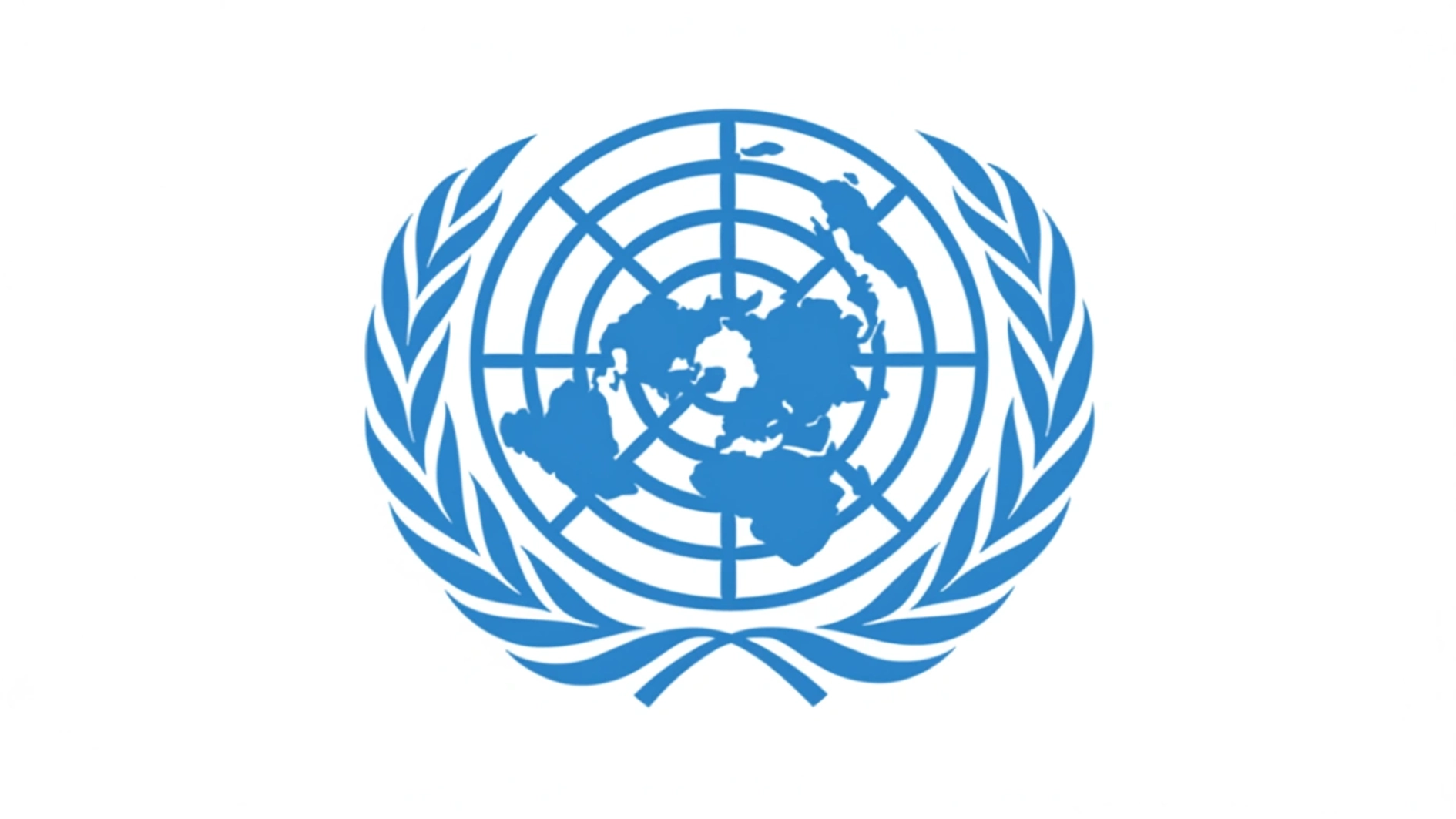The Netherlands has signed a memorandum of understanding with Uganda to deport rejected asylum seekers via the African country, as it seeks to assuage voter unrest over immigration.
The agreement means rejected African asylum seekers will be deported from the Netherlands to Uganda where they will be temporarily housed at a reception center before returning to their own country, the Dutch government said in a statement at the weekend.
The goal is for this to be voluntary, but the transit hub could also be used in cases when a rejected asylum seeker or the country of origin refuses to cooperate on their return, according to the statement.
“We need to start looking at what is possible. That’s why we’re taking this step together with Uganda to get a handle on migration,” Dutch Minister of Asylum and Migration and Foreign Affairs, David van Weel, said in the statement.
The Netherlands has long been looking for ways to clamp down on immigration, as Dutch voters signal their discontent with the country’s current asylum approach. The agreement comes one year after Prime Minister Dick Schoof’s government first floated the prospect of an agreement with Uganda, after the cabinet vowed to implement the country’s “strictest-ever” migration policies.
The Schoof government has since collapsed after far-right leader Geert Wilders pulled his Freedom Party out of the ruling coalition, saying his coalition partners had failed to move fast enough on his plans to curb immigration.
The Netherlands is due to hold fresh elections on October 29, with the latest poll showing Wilders’ anti-immigrant Freedom Party expanding its lead. Schoof is currently leading the cabinet in a caretaker capacity until the elections.
In March, the European Union said it plans to allow EU countries to return people without the right to stay to hubs in third countries. The proposal would also create a “European Return Order,” which would enable the mutual recognition and enforcement between EU countries of decisions that a non-EU citizen must leave the bloc.
The idea of third-country return centers as part of the asylum process is controversial, with similar attempts in Italy and UK stalled by legal complaints.






